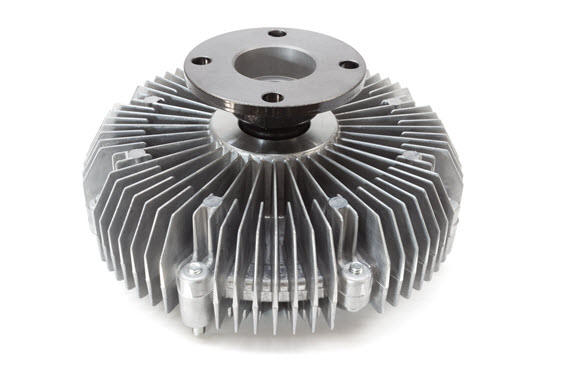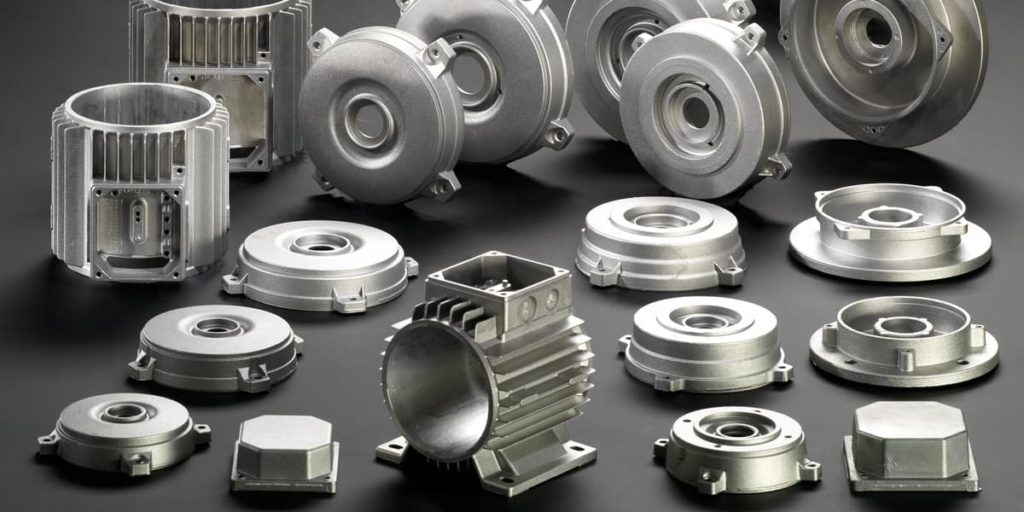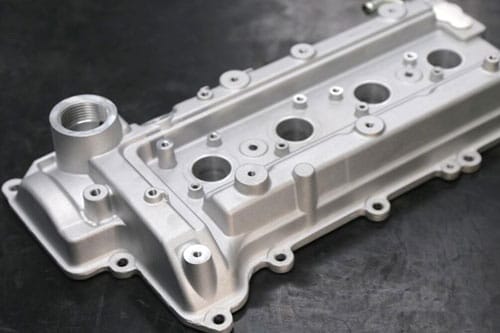Recognizing the Function of Aluminum Foundry in Creating High-Quality Steel Products
Aluminum foundries are vital in the production of high-quality metal products. They employ numerous casting strategies, such as sand and die casting, to accomplish accuracy and longevity. With rigorous quality control procedures in position, these centers ensure that their items meet industry standards. As markets evolve, the role of Aluminum foundries continues to adapt. This elevates questions regarding future technologies and sustainability methods that may redefine their effect.
The Aluminum Casting Refine: Techniques and Innovations
The Aluminum casting procedure has evolved substantially, integrating different methods and developments that improve performance and product top quality. Typically, approaches such as sand casting and die casting were primary; nonetheless, innovations have actually introduced processes like investment spreading and low-pressure die spreading. These advancements allow makers to achieve elaborate designs and tighter resistances, lowering product waste and enhancing total performance.
The assimilation of computer-aided design (CAD) and simulation software program allows for even more exact modeling and screening, ensuring that potential issues are identified early in the production cycle. Aluminum Foundry. Furthermore, developments in alloy formulations lead to improved mechanical buildings and corrosion resistance
These developments not only improve manufacturing yet additionally promote sustainability by minimizing energy consumption and emissions. As the sector continues to embrace new modern technologies, the Aluminum casting procedure continues to be an important element in producing high-quality metal products that fulfill diverse market needs.
Applications of Aluminum in Numerous Industries
Aluminum's flexibility and positive homes make it a valuable product throughout various industries. In the automobile market, Aluminum is widely used for its light-weight qualities, adding to boosted gas performance and efficiency. The aerospace industry additionally benefits, as aluminum's high strength-to-weight ratio enhances aircraft layout while keeping safety requirements.
In building and construction, Aluminum is favored for its sturdiness and resistance to deterioration, making it ideal for window frameworks, roof, and architectural parts. The product packaging sector leverages light weight aluminum's safe nature and recyclability, specifically in food and beverage containers, ensuring security and sustainability.
In addition, the electric industry uses Aluminum for its excellent conductivity in circuitry and transmission lines. The customer products sector uses Aluminum in items ranging from cooking area utensils to electronic devices, highlighting its flexibility. Aluminum plays a crucial role in improving functionality, effectiveness, and sustainability throughout varied applications.
Advantages of Using Aluminum Over Other Steels
While many metals are employed in numerous applications, Aluminum stands out as a result of its unique mix of properties that provide a number of benefits over other materials. Its lightweight nature greatly minimizes transportation prices and power consumption, making it ideal for sectors such as auto and aerospace. Aluminum's excellent corrosion resistance improves toughness, prolonging the life of items and reducing maintenance demands. In addition, it exhibits high thermal and electrical conductivity, making it ideal for electrical and thermal monitoring applications.
The metal's malleability allows for complex designs and intricate forms, offering flexibility in making processes. Aluminum is 100% recyclable without loss of top quality, promoting sustainability and reducing environmental influence. These features, integrated with its relatively low cost compared to other metals, position Aluminum as a preferred option throughout different sectors. On the whole, the benefits of Aluminum add to its increasing appeal in the production of top quality metal products

Quality Assurance Actions in Aluminum Foundries
Quality control procedures play a crucial role in the Aluminum Foundry process, making certain that the end products satisfy strenuous sector requirements and customer expectations. These procedures commonly begin with material evaluation, where raw Aluminum is examined for purity and composition. Once the spreading process begins, temperature control is essential; maintaining ideal molten metal temperature levels stops flaws such as porosity and shrinking.
In addition, non-destructive testing (NDT) techniques, consisting of radiographic and ultrasonic examinations, are utilized to discover internal flaws without harming the spreadings. Aesthetic assessments are also performed at numerous phases to determine surface flaws.
Adherence to well established top quality administration systems, such as ISO standards, is essential for maintaining consistency and traceability throughout the production procedure. Normal audits and employee training on high quality requirements contribute to an overall society of quality, ensuring that the products not only surpass but satisfy client assumptions in performance and sturdiness.
The Future of Aluminum Foundries: Patterns and Sustainability
As the Aluminum Foundry sector advances, arising fads and an emphasis on sustainability are improving its landscape. Enhancing demand for sturdy and light-weight products in sectors like vehicle and aerospace drives development in Aluminum spreading techniques. Advanced modern technologies, here such as artificial intelligence and automation, are improving manufacturing efficiency and precision while decreasing waste.
Sustainability is coming to be a paramount issue, triggering factories to apply environmentally friendly methods, consisting of reusing Aluminum scrap and making use of renewable resource resources. The change in the direction of round economic situation principles encourages foundries to minimize environmental impact while meeting consumer expectations for sustainable products.
In addition, governing stress are pressing the sector in the direction of cleaner operations, promoting partnership between producers and environmental organizations. As these trends converge, the future of Aluminum foundries will likely be characterized by a dedication to high quality, sustainability, and effectiveness, guaranteeing their significance in a competitive market.
Regularly Asked Inquiries
What Are the Environmental Impacts of Aluminum Foundries?
Aluminum foundries add to ecological effects with energy intake, greenhouse gas discharges, and possible air and water contamination. Furthermore, mining bauxite for Aluminum can cause habitat destruction and dirt destruction, impacting regional environments.

Just How Do Shops Guarantee Employee Security During Production?
Shops implement extensive security procedures, consisting of safety tools, ventilation systems, and regular training. They carry out threat evaluations and keep safety criteria to minimize risks, ensuring a safer working setting for employees throughout the production procedure.
What Certifications Should an Aluminum Foundry Have?
An aluminum Foundry must have qualifications such as ISO 9001 for high quality monitoring, ISO 14001 for ecological administration, and OSHA conformity for safety requirements. These certifications assure adherence to sector guidelines and dedication to high quality and safety methods.
Just How Does Aluminum Recycling Affect Foundry Operations?
Aluminum recycling significantly improves Foundry operations by supplying a cost-effective raw product source, lowering energy intake, and lessening environmental impact - Aluminum Castings. It also urges lasting practices, permitting shops to maintain competitiveness in a rapidly advancing market
What Are Usual Issues in Aluminum Castings?
Common problems in Aluminum castings include porosity, contraction, inclusions, and surface area imperfections. These concerns can arise from improper mold and mildew layout, insufficient putting methods, or contamination during the melting and spreading procedures, affecting general product quality.
